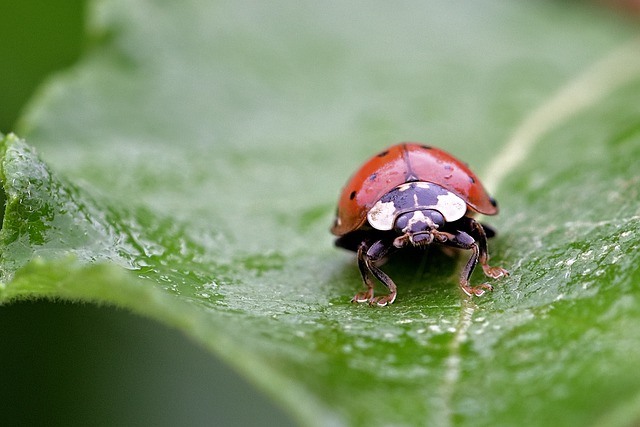The UK’s education secretary, Nadhim Zahawi, has announced the launch of a GCSE in natural history, a key part of helping bring back the study of plants and animals into the lives of young people. Long championed by the environmentalist Mary Colwell, this qualification is welcome.

The world is facing both a climate crisis and a biodiversity crisis, each resulting from the damaging effects of our species on the natural world. The UK is among the most nature-depleted countries on Earth – even its national parks are mostly farmland. Despite this, a psychological phenomenon known as shifting baseline syndrome means that limited personal experience of change, particularly as people grow up, results in a lack of awareness of the sheer volume and diversity of animals and plants that have been lost in recent generations.
Not only that, but around 83% of people in the UK now live in urban areas. Children growing up in towns and cities have less exposure to nature, what is there is less likely to be wild, and they experience fewer opportunities to roam in green space than previous generations. Some argue that this disconnection from nature is associated with a range of mental and physical health issues. This means that generations are becoming further isolated from nature, just as the world needs people with the ecological literacy to enable them to address the environmental challenges of coming decades.
Overwhelming support
The new GCSE in natural history is an opportunity to put this right. The examination board consultation that informed thinking about the qualification showed that an overwhelming proportion (91%) of responders agreed that a GCSE with the purpose of helping pupils gain deeper insights into the flora and fauna of life on Earth, and how this biodiversity affects us and how we affect it. Importantly, 94% of young people surveyed said that they would like to study a qualification like this.
At the same time the consultation pointed to some challenges. These include restrictions on curriculum time and staff, funding, perceptions of value, lack of recognition, and access for those with special needs or who can’t easily access outdoor spaces. To actually deliver this GCSE teachers will need to understand how it links to other subject specialisms where elements may traditionally or not traditionally have been taught, and how it fits into the wider timetable.
Seeing the connections of nature
Practical issues aside, engaging young people in their natural environments not only allows them to develop their eco-capabilities, it also influences how they learn. It provides opportunities to connect place and science through problem-based education, encouraging people to think of the natural world as an interconnected system with lots of moving parts. It is only by seeing the connections of nature, how our pulling at threads in the web of life endangers more than individual species, that we can understand the looming threats and ways of avoiding them. As a boundary-crossing subject, natural history can be a test bed for interdisciplinary learning for children, their teachers and leaders.
The UK government’s Strategy for Sustainability and Climate Change advocates four strategic aims focused first on education itself, and then how education can help deliver our need to meet net zero carbon, to be resilient to climate change and to improve biodiversity and environmental quality. These are linked by the ambitious vision for the “United Kingdom to be the world-leading education sector in sustainability and climate change by 2030”, where education is the starting point for sustained change and adaptation, not only to encourage societal change but also as we build the skills base for a green economy.
This ambition is supported by two key initiatives to drive the strategy forward: the National Education Nature Park and Climate Leaders Award, which have recently put out to tender. The former aims to greatly increase biodiversity on nursery, school and college grounds, while the latter seeks to recognise and support the tremendous efforts of young people to engage with environmental issues. This government is encouraging other bodies to engage with environmental education. For example, our university is involved in a Climate Ambassadors Scheme which connects climate experts with schools, allowing teachers and governors to make specific requests for world-leading researchers and professionals to help and advise them.
It is easy to be pessimistic in the face of daily reports of ecological loss. Some will say this is too little, too late. We say that this is a once in a generation opportunity to change the future for the better. Given the enormous environmental challenges the world faces, there is no alternative to education if we are to navigate our way to becoming a more sustainable and biodiverse country.
Mark Fellowes is Professor of Ecology and Dr Jo Anna Reed Johnson is Lecturer in Science Education at University of Reading.
This article is republished from The Conversation under a Creative Commons license.
